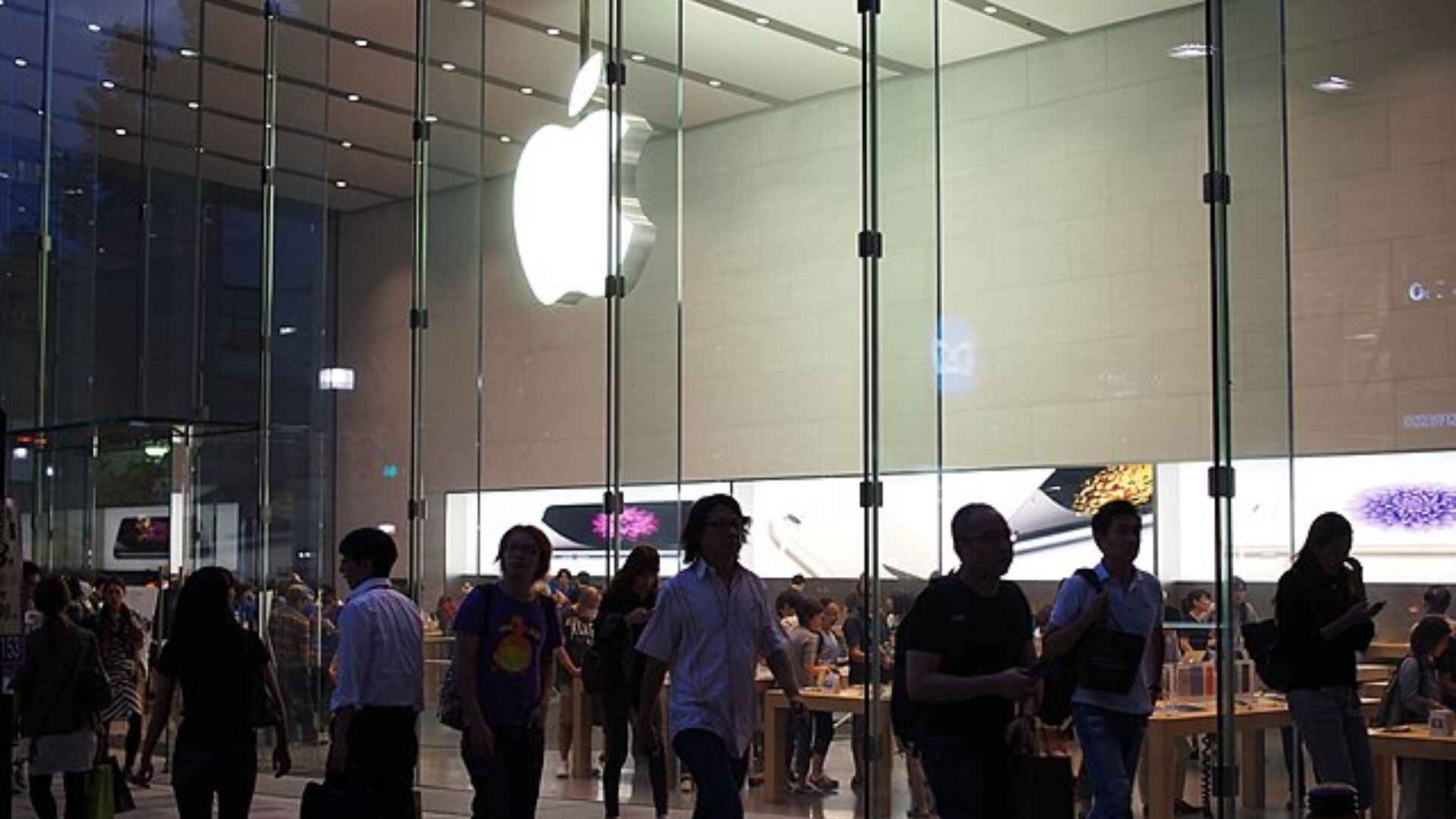
(Photo Courtesy: Latestgadgetspriceinbangladesh/Wikimedia Commons/ CC BY-SA 4.0) In today’s rapidly evolving business landscape, corporate communication is the foundation of any organisation and its reputation. Corporate communication means the simple or complex exchange of information within or outside the organisation. It is how the company communicates its brand and values to both internal and external stakeholders. Corporate communication is considered a strategic imperative in a world of digitalisation, globalisation and stakeholder scrutiny. Global tech giant Apple has been a master of corporate communication. Apple’s product launches and carefully composed brand image have positioned it as the master of all in the industry. Over the years however, various allegations have cast a shadow on its reputation and brand image. Still, impeccable corporate communication has helped it stand firm as one of the most valuable companies in the world. These allegations have included Apple’s alleged practice of deteriorating the performance of its older product models, launching updates that slow down the system and shorten the lifespan of its operating system. In addition, Apple has also been involved in an antitrust lawsuit by the US Department of Justice (DOJ). The most recent DOJ lawsuit against Apple – there have been three over the last 14 years – accuses the company of using anti-competitive tactics to gain an unfair monopoly in two specific markets: the first one being “Smartphones”, a market encompassing all smartphones sold in the US, and the second one being the “Performance Smartphones”, a market focusing on high-end devices with special and premium features. The DOJ’s 88-page complaint claims that Apple holds over 70% market share in “performance smartphones” and over 65% in the entire US smartphone market. The company had countered the first accusation by claiming that the performance slowdown was not intended to increase sales for new devices, but to prolong the lifespan of old batteries and prevent unexpected shutdowns. In the case of the second, Apple argued that the market considered in the lawsuit should not only consider the US but also the global market. Despite the allegations, Apple products are still considered more valuable and luxurious than other options in the market. This is where the tech giant’s effective communication comes in. Apple’s brand is a massive part of its marketing; owning an iPhone or a MacBook is seen as a status symbol. The company communicates its brand name through multiple means such as press releases, social media, websites, and other outlets. The visuals and aesthetics of Apple’s marketing and ad shoots are done in a way that influences even the middle-class into thinking that the high cost of an iPhone or other Apple products is not an expense but an investment for them. The company also highlights product features and exclusive user experiences such as AirDrop to create an emotional connection among its global audience. By buying an Apple product, customers get to carry a part of the Apple brand with them and be a part of an exclusive community of Apple users. Apple tells their external and internal stakeholders that it is not focused on increasing sales, but on gaining trust and loyalty. Till now, this strategy has worked well for the company. But lately, sales have been declining, with the International Data Corporation pointing towards a 9.6% drop in global iPhone sales in the first quarter of 2024 compared to last year. In China, demand for Apple’s competitor Huawei has soared by a whopping 69.7%. As of the writing of this article, Samsung has overtaken Apple as the largest mobile phone seller in the world, while Microsoft had already surpassed the company as the most valuable company. With all these hurdles – not to forget the legal battle with the DOJ – mounting, it remains to be seen whether Apple’s age-old branding strategy can pull the company out of its current predicament or whether the tech giant will be forced to alter its course of action to reclaim its position as the leader of the smartphone market.Apple: A Case Study on Consumer Trust and Communication
The Sales Story
26 Apr 2024
Shria Batra